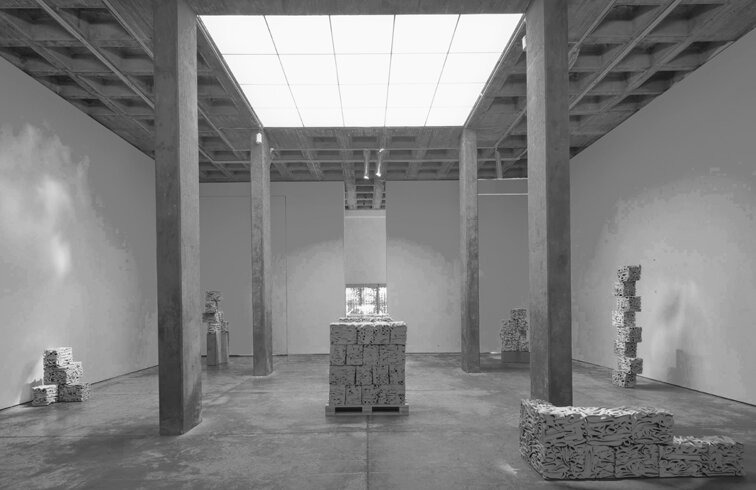Walking in Roma
April 24, 2020
by Samuel W. Kochansky, Cohort ’18
It is better to drift, vagar, when in Mexico City’s Roma, a vibrant and colorful barrio just west of the historical center. While on residency in CDMX In January, it was our good fortune to take the gallery stroll along the wide, tree-lined boulevards watching the suited business people, students, and children taking in the afternoon sun amongst the cafés that dot the sidewalks. One of the advantages we have as a Cohort during these residencies is that in our topological studies we are able to experience the local, social, economic, and political character of the places we visit. Walking in Roma, past its fin de siècle mansions covered with painted murals, with their intricate balconies, and French windows, you can imagine its history of colonization, occupation, and revolution. Nature also had her way with this section of the city when in the early hours of September 1985, an 8.1 magnitude earthquake hit and destroyed much of the old town. Undeterred, artists and writers swarmed to the ruined section and regentrified it with bookstores, restaurants, studios, and galleries. Roma has that bohemianism that attracts creatives and flâneurs. You look for the persona Mexicana promedio (the average Mexican person) on the street and in the shops. You will find no better indication of culture than in its art, sculpture, and literature. One such experience is the gallery walk.

Our first stop in a long list of visits was the OMR Galeria (galeriaomr.com). Contemporary and Modern art have a long history in the Mexican arts since at least 1910, and this continued tradition was reflected in the OMR’s current exhibition, There Are Other Fish In The Sea by Superflex. It did not go unnoticed, that throughout our walk in Roma, the current trend, particularly in sculpture was to build in a vertical fashion (we have seen this in the Venice Biennale as well, last year). Perhaps this is an observation we should take away from our artists, in that, the sea levels are rising and so should we! This exhibition was about investing in schemes of exploring and ultimately exploiting ways to increase our wealth.

We were very happy to be in the company of Giuliana Bruno, who informed us that Mexican artist Pedro Friedeberg was represented at our next stop, MAIA Galeria. Friedeberg’s compositions consisted of fusing Renaissance, Rococo and Art Nouveau with a contemporary style unique to the Mexican palette.
Giuliana Bruno introduced us to her friend and colleague, Margarita de Orellana in her shop on the boulevard Córdoba. She is an award-winning artist, author, curator and current editor of the magazine Artes de México. Her books on art and crafts of Mexico are a journey into the cultural heart of the neighborhood, the city and the country.

This topological walk is one to remember and cherish as Walter Benjamin would add, “a walking remembrance...for which recollection is not the source, but the muse.”
